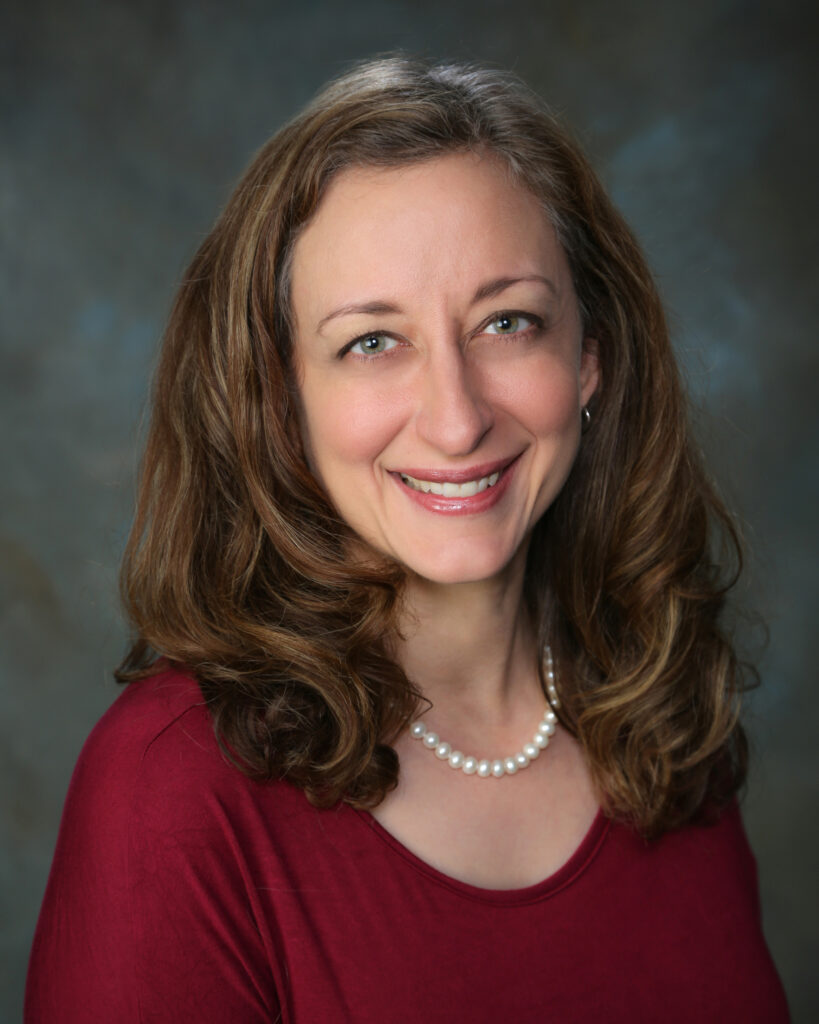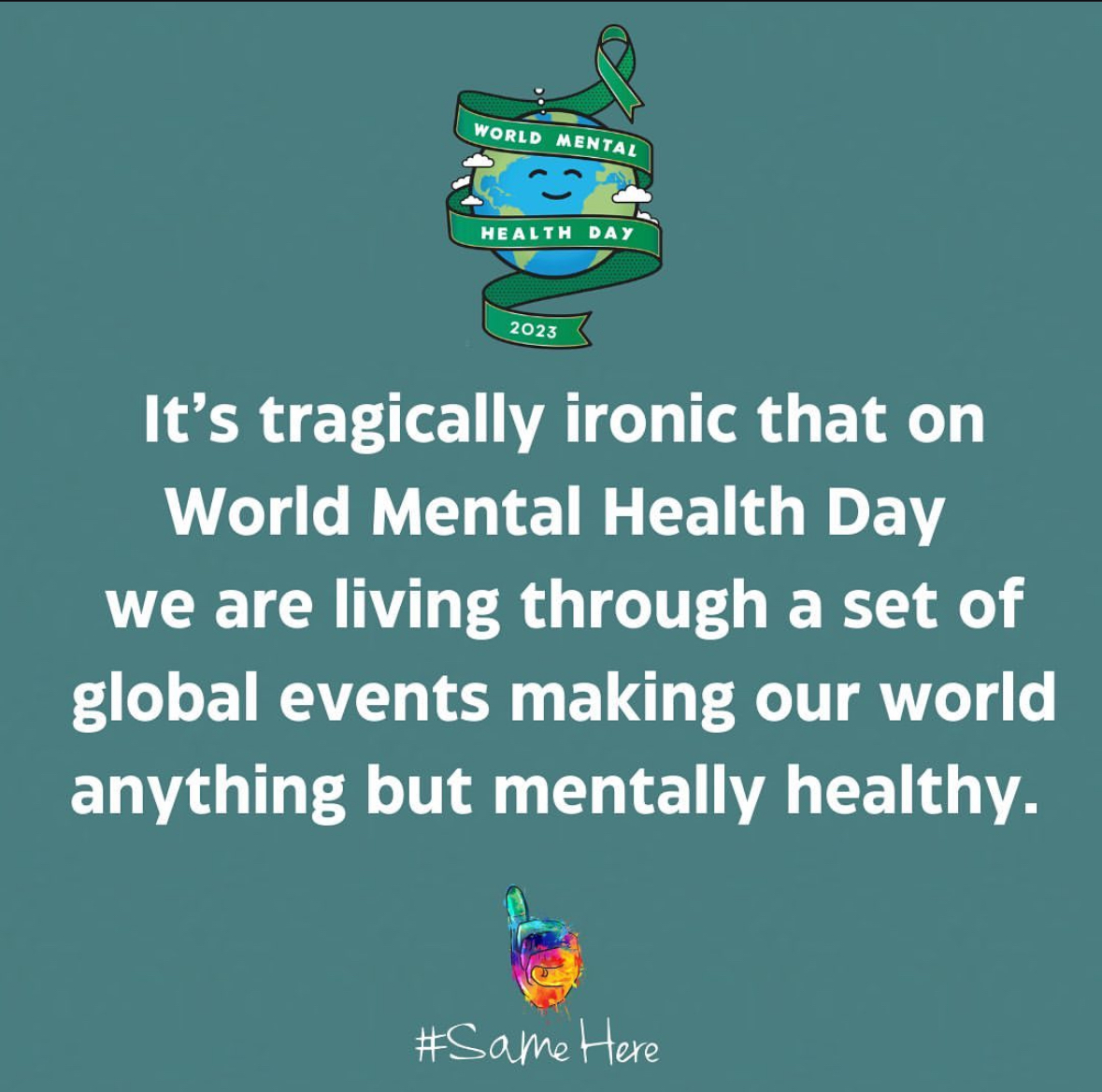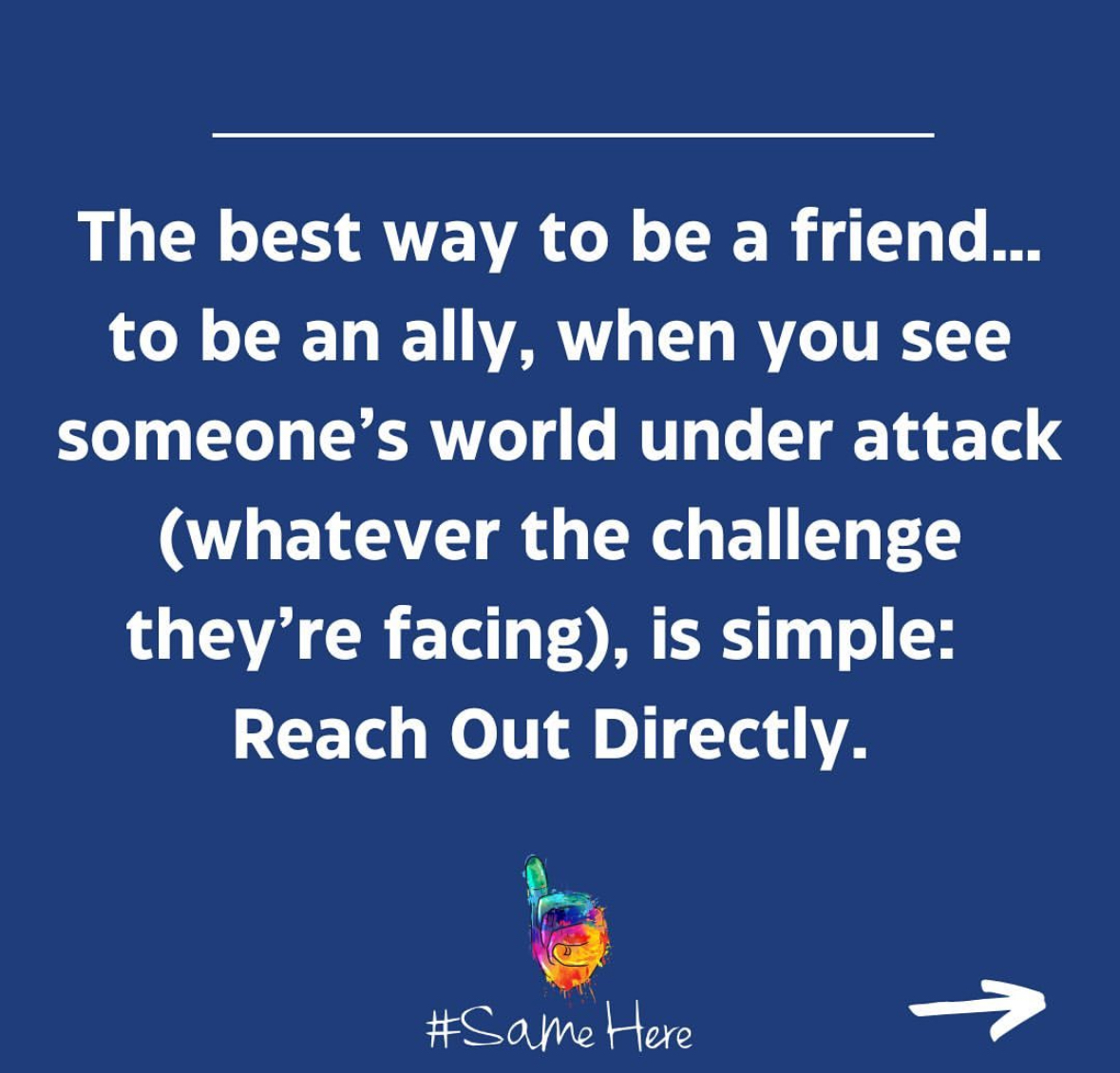I originally went into psychiatry after having a close family member struggle with panic attacks. It interfered with their ability to work or maintain a social life or even fulfill basic household obligations like returning phone calls. I was really struck by the impact that mental health symptoms can bring throughout someone’s life.
For myself, I was already in psychiatry and actively studying integrative medicine when I was affected personally, but I had a really difficult time with postpartum depression. I kept functioning only through sheer grit and willpower, pasting on a smiling face for my baby, forcing myself to get anything done at home, just wanting to sleep all the time and eat junk. I kept going to work because my patients needed me but I was not getting any enjoyment or satisfaction from any of it. My doctor at the time wanted me to go on medication, but I was breastfeeding, and back then we didn’t know if that was safe or not. I begged them to give me one month of trying integrative medicine first before we went the pharmaceutical route. I exercised every single day, meditated and did infant massage with my baby, and started a powerful nutrient supplement to support the biological side of things. And I asked for help – calling friends, going to therapy. And when the month was up, I was better enough to keep following the integrative path and stay off meds.




